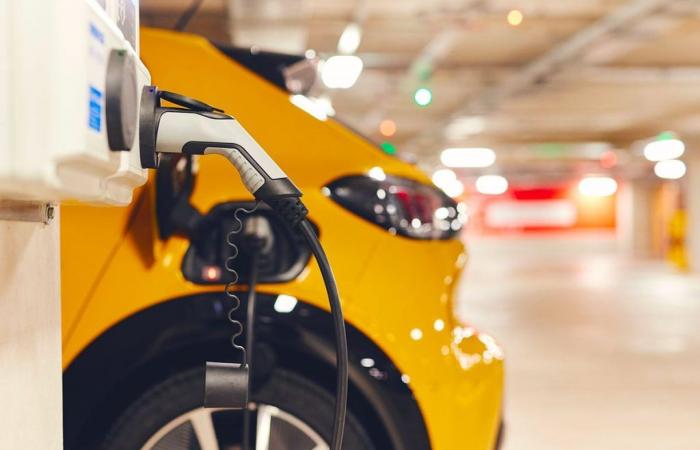The batteries of electric cars often raise concerns about their longevity. A recent European study finally provides precise answers to this crucial question, challenging certain preconceived ideas. Let’s dive into the details of this analysis that revolutionizes our understanding of electric vehicle sustainability.
Battery degradation much slower than expected
Contrary to popular belief, the lifespan of electric car batteries turns out to be much longer than previously thought. The study carried out by Geotab, a specialist in data analysis, on a sample of 10,000 electric vehicles, reveals surprising results:
- An annual deterioration of only 1,8%
- An improvement compared to the previous study (2.3% 5 years ago)
- A potential lifespan of around 20 years or more
These figures challenge preconceptions about the long-term reliability of electric vehicles. Indeed, the majority of batteries seem capable of outlasting the vehicle itself, making replacement unnecessary in many cases.
This impressive longevity opens up new perspectives for the autonomy of electric vehicles, even bringing certain models closer to the concept of almost infinite autonomy.
Factors influencing battery health
While overall durability is encouraging, there are factors that can affect battery health. The researchers identified two main elements:
- The climate : High temperatures accelerate battery wear
- Fast charging : Frequent use of fast chargers can impact longevity
These findings highlight the importance of efficient cooling systemparticularly in warm regions. Such a system not only counters the harmful effects of heat but also minimizes the impact of rapid charging on the battery cells.
It is crucial to note that manufacturers, aware of these issues, are constantly working to improve their technologies. For example, the new electric Range Rover incorporates innovations in battery thermal management, illustrating this trend towards better sustainability.
Variations between models and future prospects
The Geotab study highlighted significant differences between models of electric vehicles. Although the specific names have not been disclosed, these variations are logically explained by the different battery technologies used by each manufacturer.
Here is an overview of the average performances observed:
| Age of vehicle | Average battery health |
|---|---|
| 5 ans | 91% |
| 10 ans | 82% |
| 15 ans | 73% |
These figures demonstrate that after 12 years of use, a typical battery would retain more than 80% of its initial capacity, a level entirely acceptable to most drivers.
However, the researchers emphasize the need for continued studies, particularly on older vehicles, to further refine these results. This approach will make it possible to obtain an even more precise image of the longevity of batteries over the very long term.
Implications for the future of electric mobility
This new data has major implications for the automotive industry and consumers. They increase confidence in electric vehicle technology and could accelerate their widespread adoption.
For current and future owners of electric cars, these results are reassuring. They suggest that investing in an electric vehicle may prove more profitable in the long run than initially expected. Additionally, the increased durability of batteries helps reduce the overall environmental footprint of these vehicles.
Car manufacturers, for their part, can rely on this data to further improve their products. The focus on developing technologies that extend battery life could become a major selling point in the years to come.
Ultimately, this European study marks a turning point in our understanding of electric vehicles. It offers an optimistic vision of the future of electric mobility, promising cars that are more durable and economically viable in the long term.






